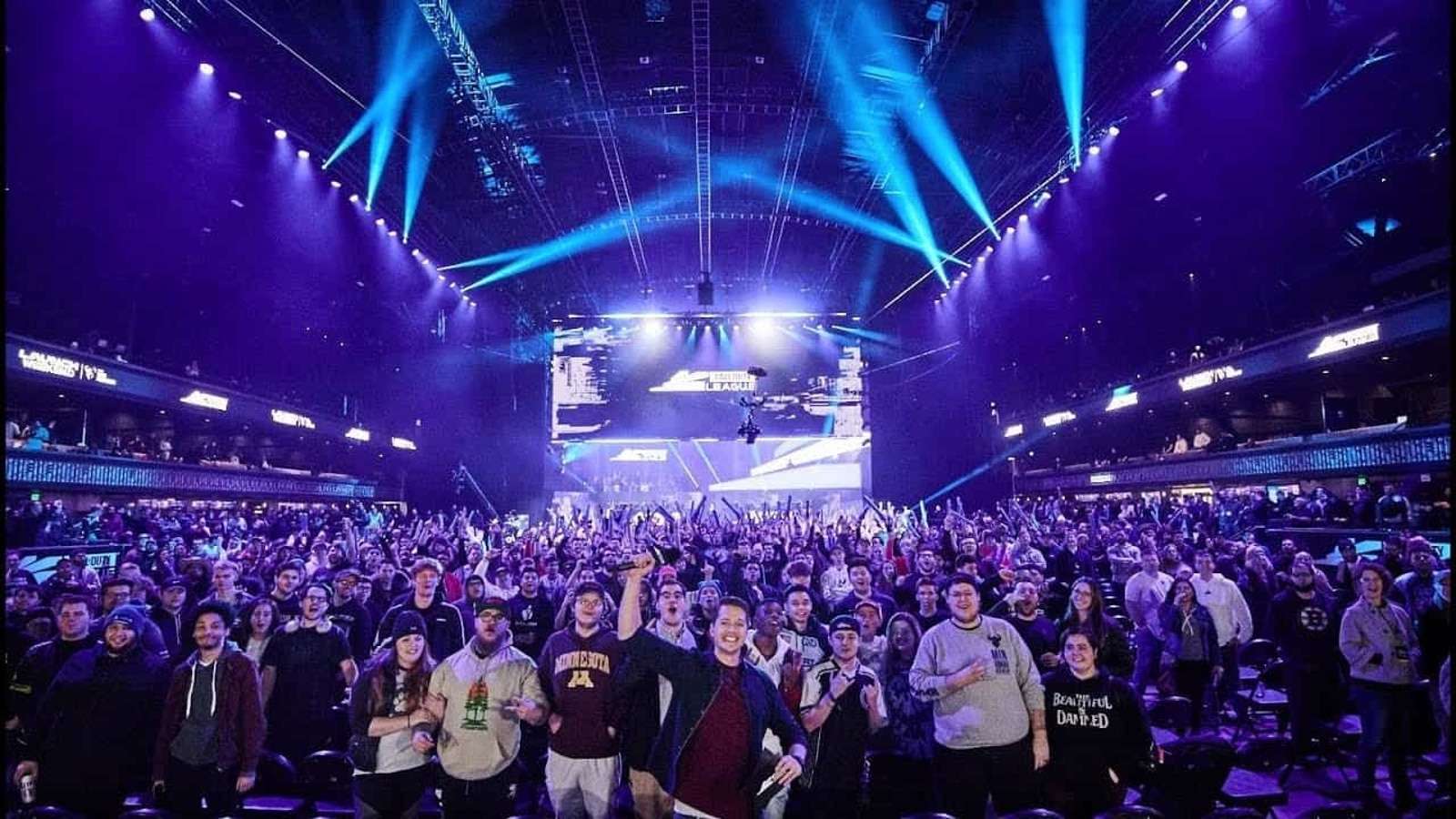Caster DoA sparks debate over pay-per-view esports events
 Call of Duty League
Call of Duty LeagueIn response to the founder Esports Engine, Adam Apicella, pointing out how esports fans criticized competition broadcasts that are run on tight budgets, multi-esport caster Erik ‘DoA’ Lonnquist brought up the idea of pay-per-view tournaments.
One of the founding employees of MLG took to Twitter to talk about the entitlement of esports viewers. He said he sometimes browses esports reddits and finds fans criticizing the production of their game of choice, which they watch for free, with no knowledge of how much it costs to run a broadcast.
“We have DECADES of investment that needs to happen before this is the commercial behemoth it could be but instead of being okay with production and quality being in line with revenue, we expect it to be traditional sports. Again, while expecting to pay $0 to watch the content,” Apicella said.
Apicella also wondered how esports who complain about the “aesthetics” of a caster or desk segment would react to knowing the NBA commentators sit at folding tables next to the scoring tables during games.
This prompted veteran esports caster to chime in with the idea of charging viewers to watch events, like what MLG did back before developer-ran leagues and tournaments became the norm.
“Actually paying money for the esports content you consume means that content can keep going and improve! It was a good thing when it happened before and it could still be a good thing now. Being tethered to game company marketing budgets isn’t getting us anywhere,” DoA said.
The caster also blamed developers for changing the standards for esports broadcasts when they started running their own esports events as they chose to have everything “be for free with zero plans for long-term sustainability.”
Will pay-per-view esports events ever come back?
Making esports events pay-per-view has been something that has been teased, or claimed is on the horizon, almost since the inception of competitive gaming. While some games, like Overwatch and League of Legends come Worlds 2023, have dabbled in giving fans different perspectives or more control over the broadcast for payment, none have truly tried to put their entire broadcast behind a paywall in the past decade.
According to some responding to DoA, doing so would make fans abandon the esport and bring in limited revenue.
“We’ve conditioned the esports audience specifically to be spoiled brats when it comes to free content. Now we gotta live with it,” esports journalist Jacob Wolf said in response to DoA.
Esports events in 2023 are mainly run by either the developer of the competitive title or ESL FaceIt, the largest third-party esports tournament organizer. In the case of developer-ran leagues, esports event budgets largely come out of their marketing budget for their title and do not reflect how much revenue is generated by those events or tournaments.
ESL, on the other hand, no longer has to worry much about breaking even when it comes to event and production costs as it is owned by the Savvy Games Group, with is owned by the Saudi Arabian Public Invest Fund. The Saudi-controlled fund bought ESL for $1.05 billion and merged the company with FaceIt in 2022.
Apicella’s esports production company Esports Engine, which ran events for the Call of Duty among other games and competitions, was acquired by Savvy this year after its parent company Vindex was bought by ESL.